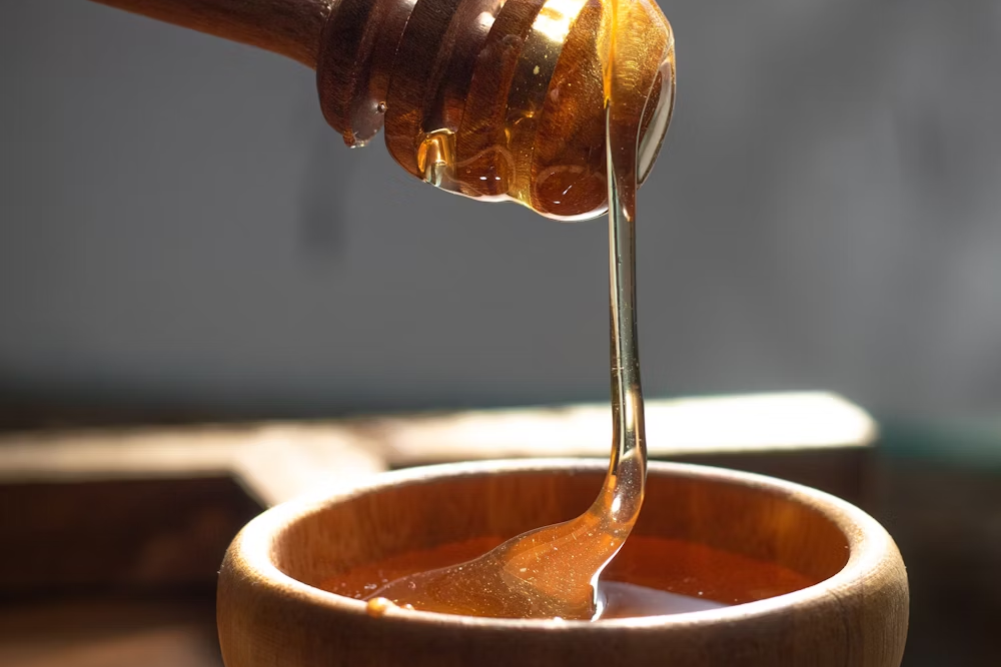Skin food: Essential fatty acids to enjoy and avoid
Essential fatty acids play an important role in the body’s functions but are also great for your skin. Here, the best skin food for a glowing complexion.
Essential fatty acids are fatty acids that the human body cannot make and therefore must be obtained from the food you eat. Essential fatty acids include linoleic acid (omega-6 group) and alpha-linolenic acid (omega-3 group) and play an important role in the body’s structural and metabolic functions.
These functions include brain and nervous system health, hormone production, cardiovascular health and skin integrity, and support the absorption of fat-soluble vitamins (A, D, E and K) and fat-soluble biologically active compounds.
Restricting healthy fats can result in a myriad of imbalances in your health such as dry, scaly skin rashes, eczema, dermatitis, hair loss, hair pigmentation, poor wound healing, growth restrictions in children and increased susceptibility to infection.
More and more people are realising that low-fat diets aren’t health-promoting. Enjoying healthy fats in your diet is crucial for feeling, functioning and looking your best.
The benefits of omega-3, 6, 7 and 9
Omega-3s are critical for the skin’s function and appearance and have been shown to reduce the occurrence of acne, reduce inflammation, support wound healing and even attenuate UV-induced skin ageing and damage. They also encourage short-chain fatty acid production in the digestive system, which strengthens the gut lining and provides a source of food to stomach cells. They’ve been shown to promote the proliferation of beneficial bacteria and have an anti-inflammatory effect on the digestive tract, too. Finally, they play a role in the function of the brain–gut axis, which supports a balanced mood.
Omega-6s play a critical role in skin appearance, texture and function. They’re fundamental for the skin’s structural integrity and barrier function, and also help to reduce inflammation and skin sensitivity.
Omega-7s have been found to reduce skin hyperpigmentation and improve the hydration and structure of the mucous membranes that reside in the skin and digestive tract. They also help to relieve ulcers and gastritis. And finally, omega-9s boast anti-inflammatory benefits.
Of course, not all fats are created equal. Which fats should you avoid, and which are essential to human health? Take a look.
Fats to avoid
Trans-fatty acids are detrimental to human health as they increase LDL or “bad” cholesterol and decrease HDL or “good” cholesterol in the body, which increases the risk of heart disease and ill health. Trans fats are found in fried and processed foods, margarines and baked goods such as cakes, cookies and pies and microwave popcorn.
Fats to enjoy
Saturated fats are able to be synthesised by the body so should be enjoyed in moderation in your diet. Overconsumption of saturated fats can tip your cholesterol levels to being LDL-dominant as they primarily come from animal products. Saturated fats include meat, chicken, milk, cream, butter, cheese and coconut oil.
Essential fatty acids, as you now know, are essential to human health; the goal, however, is to have higher levels of omega-3s to 6s in your diet.
Unfortunately, in most western diets food choices tend to be higher in omega-6s.
When eaten in excess, omega-6s can contribute to weight gain and imbalanced hormones and blood glucose levels. Omega-6s are found in red meat, corn, canola oil, safflower oil, sunflower oils and processed foods.
Omega-3s should make up the majority of fat in your diet. Great sources of omega-3 fatty acids are wild-caught oily fish such as sardines, salmon, herring, tuna and mackerel, walnuts, avocados, flaxseeds, chia seeds and olive oil. One of the most researched health-promoting diets for longevity is the Mediterranean diet, which is high in essential fatty acids, vegetables, herbs, nuts, good-quality grains and lean protein such as fish and poultry.
Have trouble digesting fats?
Some people have a hard time digesting even the healthiest of fats and may experience steatorrhea (fatty, oily, pale stools), nausea, constipation, diarrhoea, abdominal pain and bloating after a high-fat meal. If you are concerned, I recommend having proper testing to assess how well you are absorbing fats. This can be done through a stool test from your naturopath or doctor.
Here are a few ways to improve your ability to digest healthy fats:
- Take digestive enzymes, particularly lipase, which helps break down fat.
- Slow down your eating and chew your food properly.
- Eat in a relaxed manner to encourage correct digestion.
- Support your liver and gall bladder function to support fat digestion. Reduce alcohol and increase bitter foods such as rocket, dandelion greens, apple-cider vinegar and dandelion root tea.
- Ensure you’re getting individualised care from your health practitioner.
By increasing the intake of essential fatty acids in your diet you can help keep disease at bay, improve your mental and physical performance, support a healthy body composition and boost your skin’s glow from the inside out.








